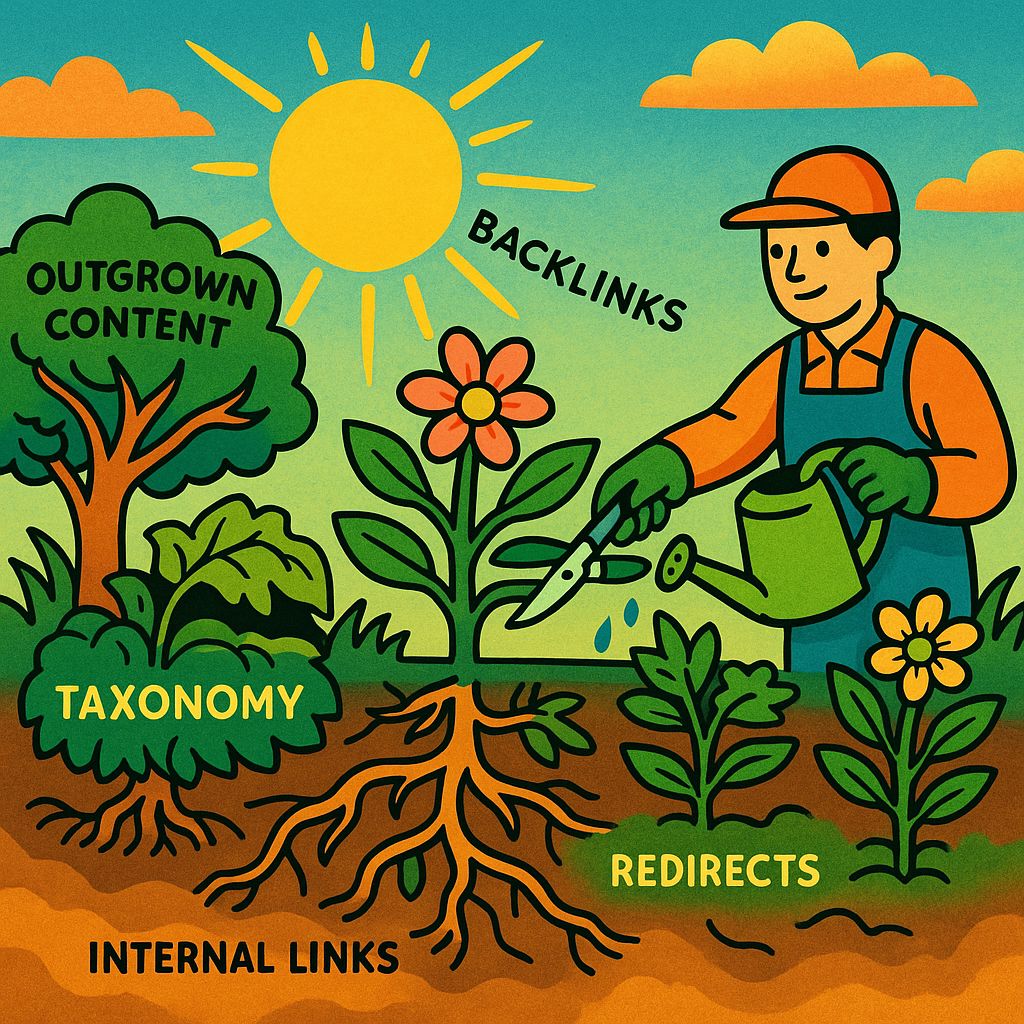Most SEO and GEO problems aren’t technical. They’re operational.

Here are some of the most common SEO mistakes I see and how to fix them at scale:
🔁 Redirects, redirects, redirects If your team can move or delete a page without automatically triggering a redirect, something’s broken. Redirects should be enforced through automation, whether in your CMS, CICD pipeline, or both. Manual tracking doesn’t scale, and broken links quietly chip away at rankings and trust.
🏷️ Missing titles and descriptions If a page doesn’t have a meta title and description, it might as well not exist. These invisible fields are easy to overlook, but also easy to automate. Your CMS should require them, with clear labels that encourage best practices around character count, value props, and keyword inclusion.
📉 Flat, unsupported content Content should be structured, evidence-based, and useful. Break up walls of text with clear headings. Support claims with statistics or citations. Help the reader (and the algorithm) understand the purpose and authority of your content.
⏰ Outdated content left to rot Content decays. Traffic drops. Relevance fades. Schedule regular audits to review old content. Update what's still valuable, merge what overlaps, and remove what’s no longer serving your audience. Stale pages send signals of neglect.
🏷️ Taxonomies misaligned with strategy Your categories, tags, and structure should reinforce your SEO and business goals. Design an information architecture that mirrors keyword clusters, target audiences, and your ideal customer profile.🔗 No link strategies Even the best content needs help getting discovered. Search engines and AI may surface it eventually, but backlinks and internal links accelerate visibility. Crosslink related content to guide users and reinforce structure. Build backlinks to reach new audiences and create a snowball effect that amplifies your impact over time.
⚠️ Final thought If you only fix one thing from this list, make it redirect automation. It’s the most common and most costly to ignore.
🤔 SEO isn’t a one-time project; it’s a process What’s your system for keeping things healthy over time? What would you add to this list?

About the author
Brandon is an engineer who loves leading, planning, designing, growth, analytics, and marketing.
Five books everyone should read:
Are Your Lights On, The First 90 Days, Elements of Persuasion, Humans vs Computers, When: The Scientific Secrets of Perfect Timing
Favorite quotes:
- Everybody has a plan until they get punched in the face.
- If a park ranger warns you about the bears, it ain’t cause he’s trying to keep all the bear hugs for himself.
- A designer knows he has achieved perfection not when there is nothing left to add, but when there is nothing left to take away.